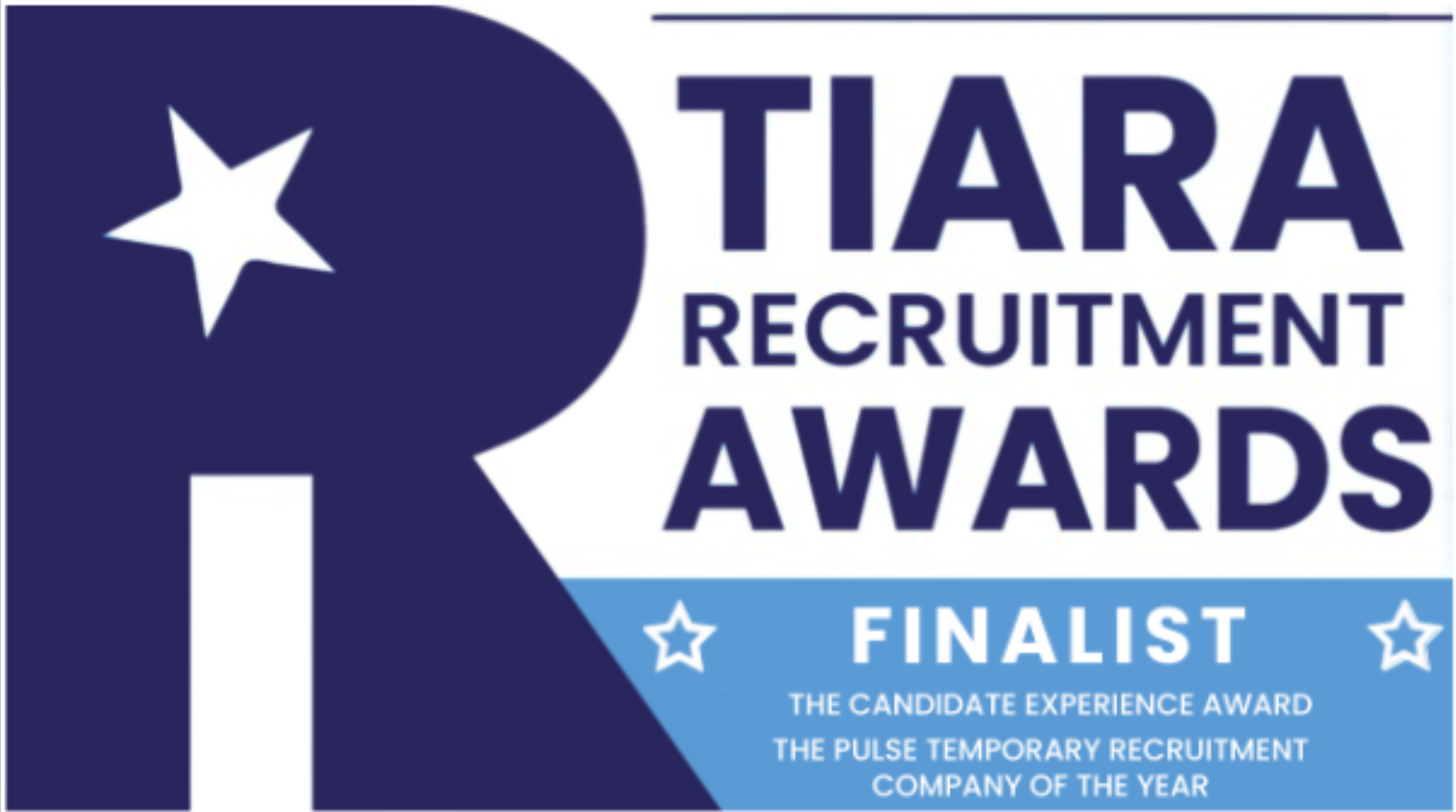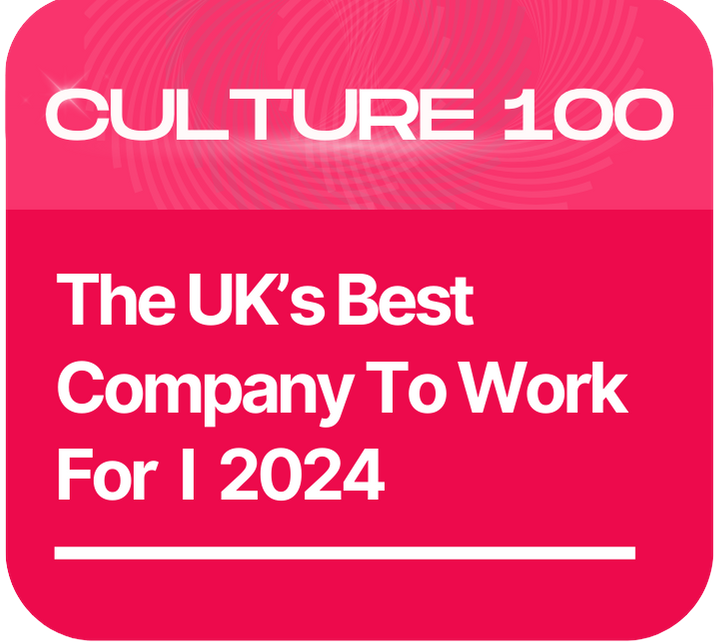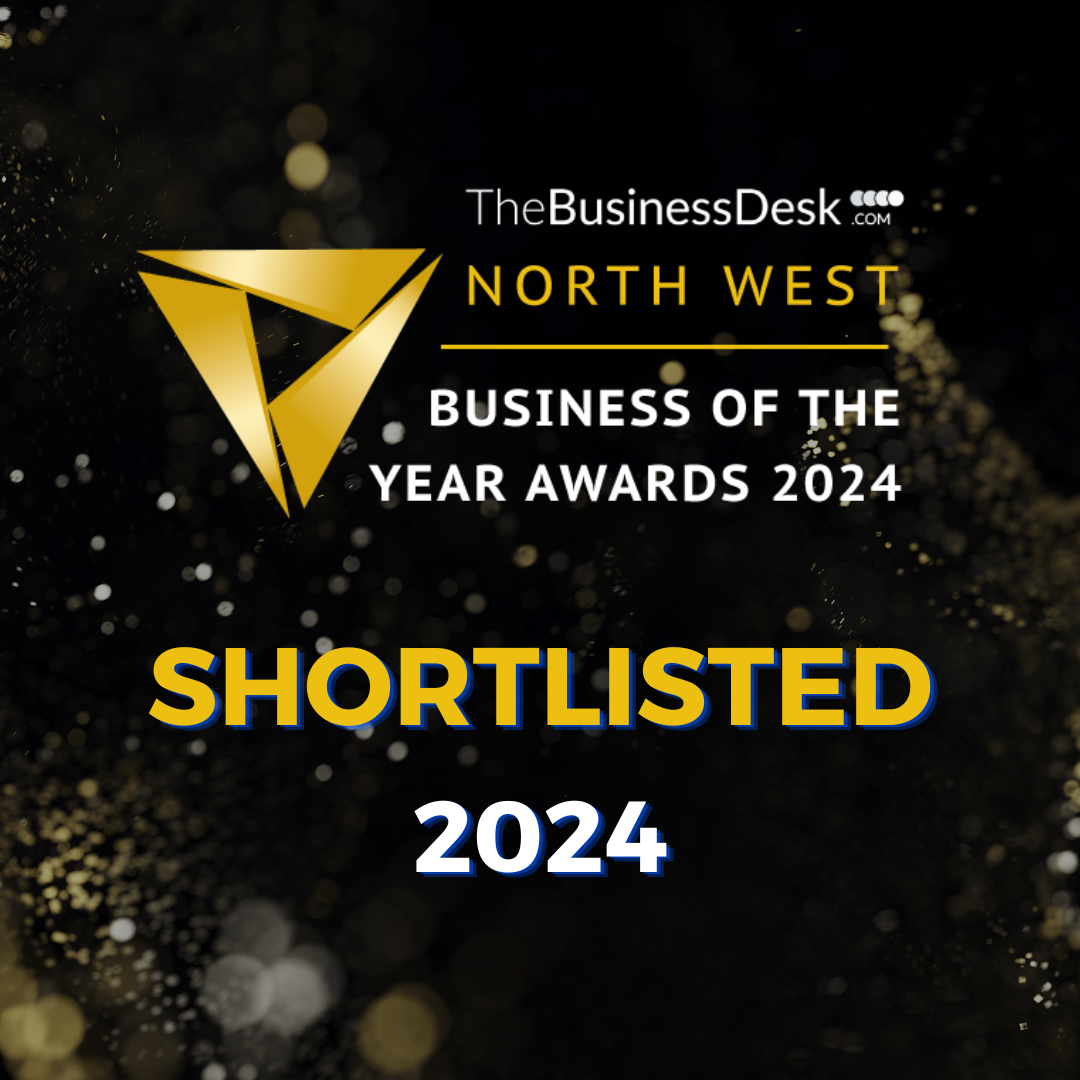Job Searching tactics that ACTUALLY work in the 2024 hiring market

If you’ve been struggling to find a new role recently, you’re not alone.
Job market movements worldwide appear to be slowing, staff turnover has fallen by 31% and the UK employment rate has increased to 4.2%…. (it doesn’t sound too great when you put it that bluntly, does it!)
But since the pandemic, a lot has changed in the job market.
We’ve witnessed The Great Resignation which turned into The Great Attrition, which then became The Great Renegotiation…
…and now we’re in the midst of The Big Stay.
A phenomenon which is seeing workers remain in their current employment amid the volatility of the job market. This significant reduction in staff turnover has meant organisations have put greater focus and emphasis on developing their existing workforce, rather than proactively hire.
But, what does this mean for those who ARE looking to move roles?
Starting with the good news, “with employment falling sharply and the unemployment rate climbing, we suspect wage growth to continue in the coming months”, Paul Dales, Chief UK Economist at Capital Economics recently stated. This means that if you are looking to move roles, you may find potential salaries looking more fruitful than you expected.
However, with fewer job openings appearing globally (this statement isn’t applicable to all industries we must highlight), it’s important that you’re doing all that you can find and secure a new role.
Here are our top 5 ways to find a new role right now during ‘The Big Stay’.
1. Search beyond your normal mile radius
Proximity isn’t as important as it once was. Businesses are more flexible than you may think and if you’re the right fit for the role, they may be more accommodating to your needs.
Remote, hybrid or flexible working opportunities may be available further away – don’t be put off by increasing the distance of your initial search.
2. Use keywords in your searches
Modern technology is smart. Online algorithms pick up on your digital behaviour and adapt to suit. The more you refine your initial search, the more job boards and platforms will show you relevant jobs the next time.
Similarly, engagement is key. Clicking on jobs with similar titles will display these to you in the future, speeding up your job search.
3. Actively promote your skills
Linkedin is your digital CV. It’s a place where employers and recruiters will go to find out more about you.
Make it a priority to update (and keep updating) your skills and experience… and even better, that they are keyworded! Doing so will make yourself as desirable and visible to the right people.
4. Be Present
Showing that you’re genuinely interested in your field can make all the difference.
Although it can feel daunting, being present on Linkedin and actively posting content on your profile – such as resharing industry news articles for example –demonstrates your passion to potential employers and will make a memorable impression.
5. Don’t wait for a job to be advertised
With fewer roles being advertised globally, we suggest not waiting for one to appear!
Instead, be proactive and get a head start by reaching out to relevant recruiters.
Recruiters know how markets are moving better than anyone. They know when companies have last recruited and they are likely to next hire.
On top of that, they know exactly what specific skills, traits and cultural aspects a business is looking for from a candidate, meaning they can help you adapt and alter your CV to put you in the best position when applying.
Which is where V7Recruitment can help!
Recruiting for the following sectors, we’re a team of specialist consultants who work with some of the biggest names in the industry. Click the links below to be connected with a consultant and begin your job search today.
Explore Live Job Roles Here
AVAILABLE NOW
2026 Essential Data Centre Industry Guide
GET IN TOUCH
